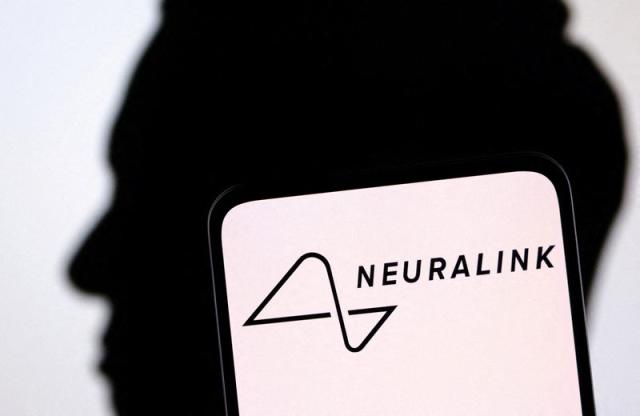Earlier this year, Noland Arbaugh made history as the first human patient to receive a brain-computer interface chip implanted by Elon Musk’s Neuralink.
Arbaugh, a 29-year-old from Texas who had been paralyzed for eight years following a diving accident, was initially astonished by the results. He quickly adapted to controlling a cursor with his mind and used this newfound ability to play games like Civilization VI and Mario Kart.
He achieved remarkable results on standardized brain-computer interface tests right from the start.
However, not everything went smoothly. Neuralink later disclosed that some of the threads inserted into Arbaugh’s motor cortex began to retract over time, potentially due to air trapped in his skull after the surgery.
In a recent interview, Arbaugh recounted the distressing experience of losing abilities he had just regained.
“The cursor started to slip from my control,” Arbaugh shared. “I thought maybe there were some adjustments made that caused it.”
“But then they informed me that the threads were retracting from my brain,” he continued. “It was devastating news. I had hoped to use it for longer, but it seemed my journey was coming to an end.”
The revelation was undoubtedly shocking.
“I assumed they would continue collecting data but move on to the next patient,” Arbaugh reflected. “I shed a few tears.”
Neuralink closely monitored the decline in data streaming from Arbaugh’s implant over time.
Fortunately, as the startup stated in a recent blog post, the team successfully modified the algorithm interpreting signals from the chip, resulting in improved data throughput.
As reported, Arbaugh has begun tracing letters with a cursor on his computer, enabling Neuralink’s software to gradually recognize words with the goal of interpreting complete sentences at much faster speeds than manual typing.
Arbaugh aims to offer hope to others in similar situations by participating in trials of Neuralink’s brain-computer interface.
“I believe the next individual to receive this technology will share my feelings,” Arbaugh told. “Once you experience its capabilities, you can’t help but be amazed. It’s truly mind-blowing.”
He has agreed to keep the chip implanted in his head for a year as part of an experiment primarily focused on assessing the safety and long-term effects of the implant.
Despite initial challenges, Arbaugh is already anticipating potential upgrades in the future.
“I would definitely opt for an upgrade,” he expressed to the publication. “Hopefully, they’ll consider me for the next version.”

